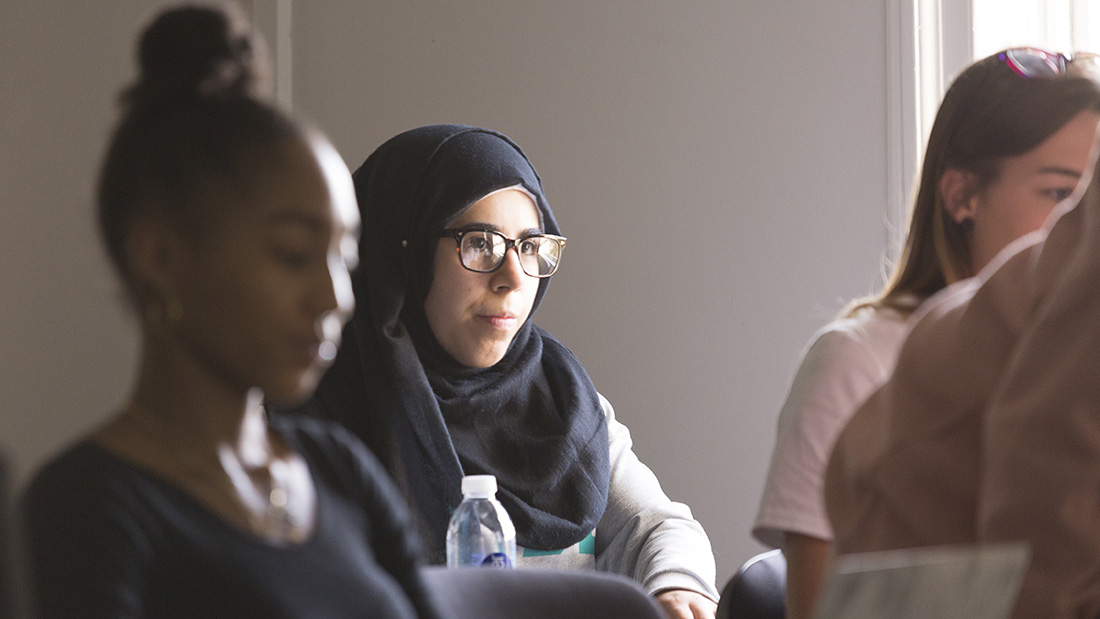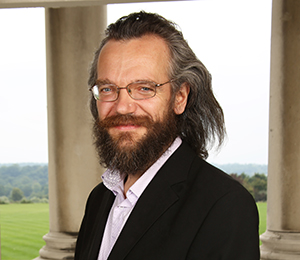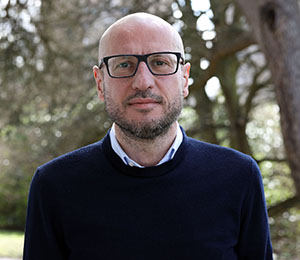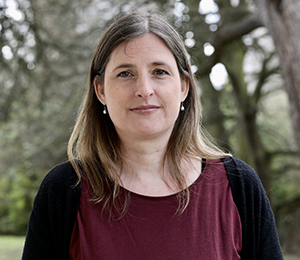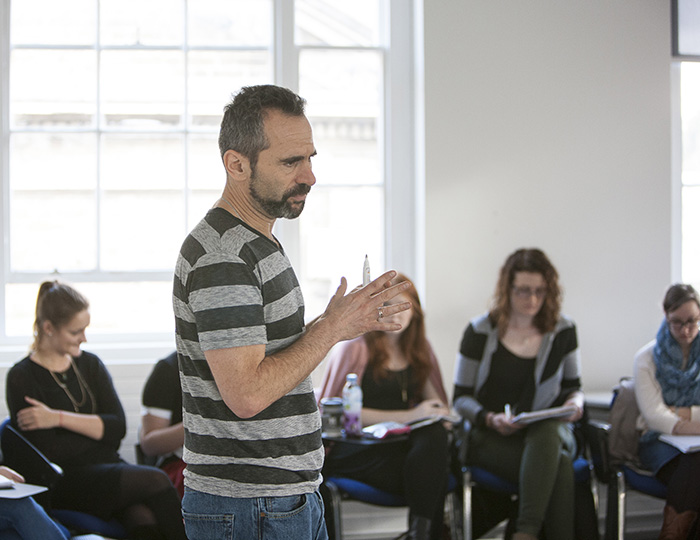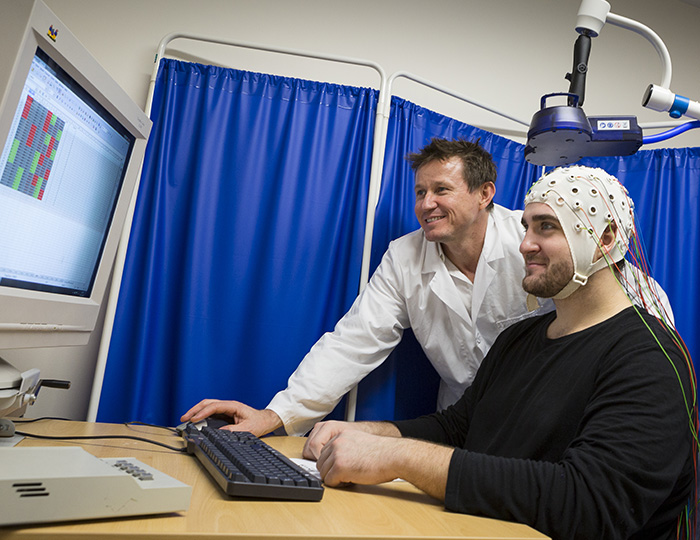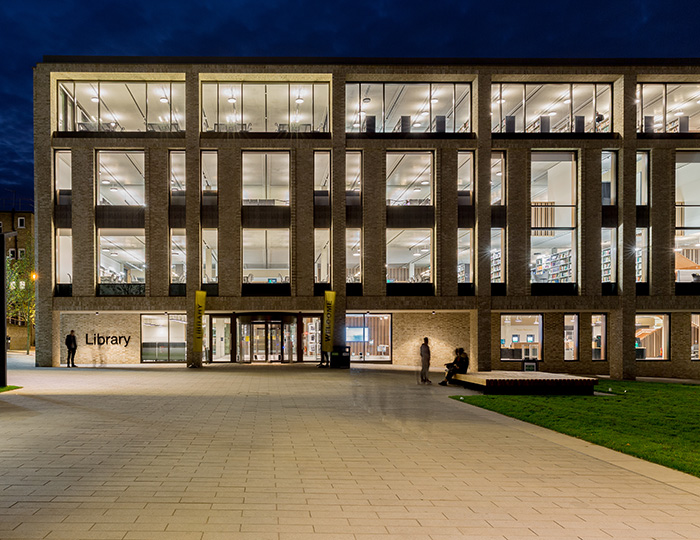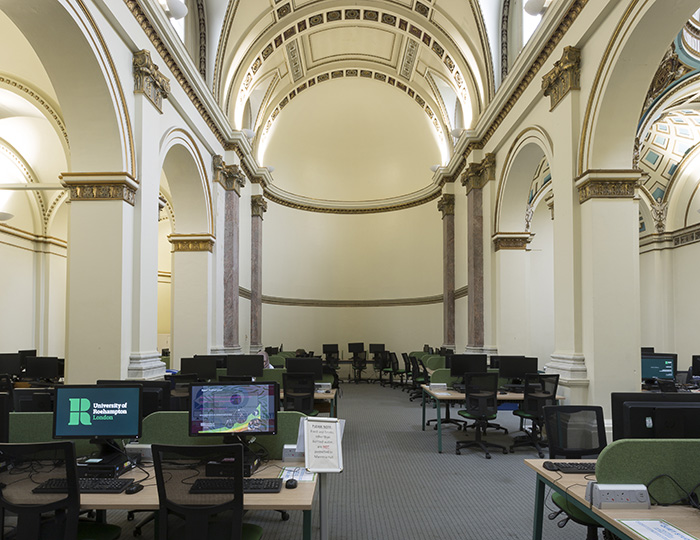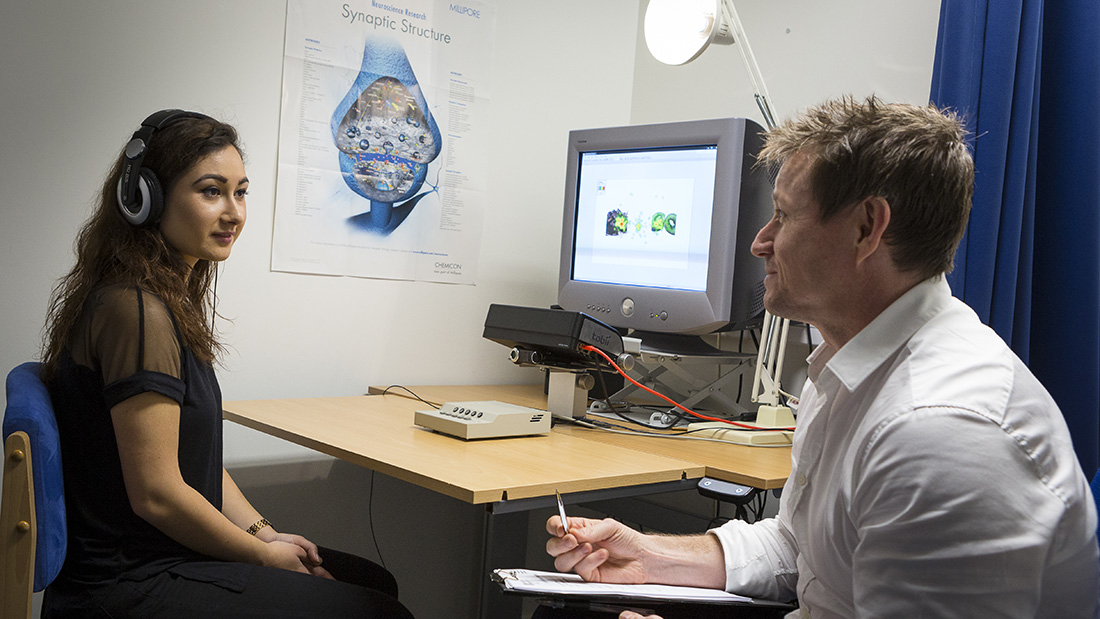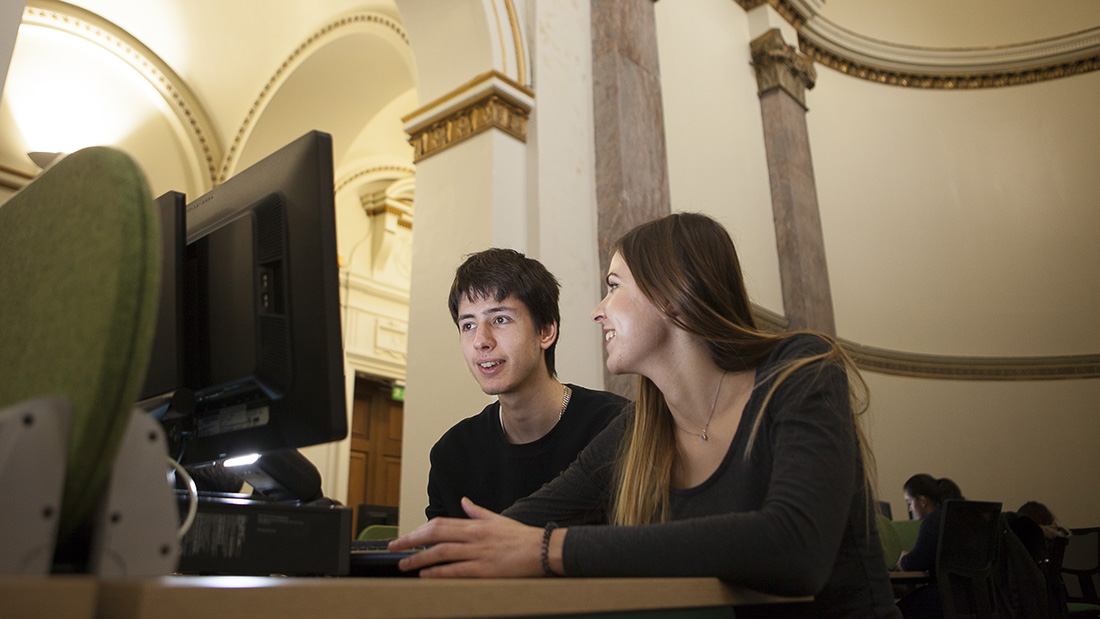Discover how the mind works and its impact on behaviour, while developing practical counselling skills and an understanding of how different therapeutic approaches can have a positive impact on people’s lives.
Entry Tariff
112–120 UCAS points (or equivalent)
Foundation Year entry: 64 UCAS points (or equivalent)
UCAS Code
C845
C846 (if choosing Foundation Year)
Duration
3 years (full-time)
4 years (full-time) if opting for the additional placement year
4 years (full-time) if opting for Foundation Year entry
Start date
September 2024
Degree Type
BSc (single honours)
Modules
These modules are those we currently offer and may be subject to change.
This course is offered as a degree with foundation year – a four-year programme which provides an additional foundation year at the beginning of the degree, that will give you academic and practical experience, as well as the skills you need to ensure you are equipped to successfully complete your chosen degree.
£2,000 Foundation Scholarships for all home students
Find out more about our degrees with a foundation year
This course offers all students the option of a one-year paid work placement, to boost your employability even further. If you choose this route, you will take the placement following year two of your course, and then return to complete your degree.
Why take a placement?
A placement year is the perfect opportunity to gain valuable work experience, to build on the career skills we will teach you on this degree. The connections you make on the placement will improve your career prospects further, and equip you with the skills you need to secure graduate-level employment.
How we support you
The University's Placement and Work Experience Team are experts at helping you to secure a placement. They will work closely with you from the start, helping you research potential employers, discover placement opportunities, create and pitch your CV, and will coach you to perform well in interviews. We aren't able to guarantee a placement, but our sector-leading advisors will give you the best possible chance of securing one.
Find out more about how we'll support you
We understand that your plans might change once you start your programme. If you decide not to do a placement, you will have the option of completing the three year version of your programme.
Whatever your choice, you will have access to many opportunities for work experience through our Placement and Work Experience Team, and access to face-to-face and 24/7 online careers support.
Why this course
Graduate with the opportunity to pursue multiple careers across psychology, counselling and more.
Give your career a head-start through the option of a one-year work placement after year two.
Develop practical and personal counselling skills from year one.
Roehampton has an international reputation for counselling and therapeutic training.
Skills
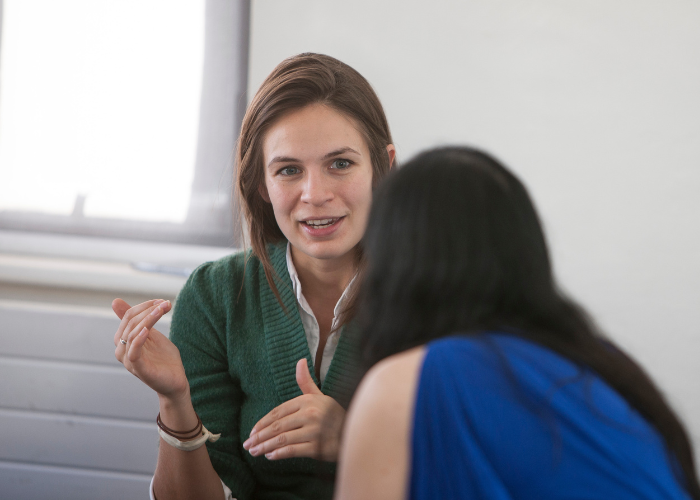
This exciting course combines core psychology and clinical psychology, alongside practical counselling skills.
The skills you'll develop include:
- Specialised skills essential to counselling and psychological therapies, including communication, active listening, paraphrasing and reflecting
- An understanding of the key aspects of what it is to be human - how we differ, how our childhood can impact our adulthood, and how we can be influenced
- Advanced research skills, including project management, data management and analysis.
This integration of the scientific understanding of the mind combined with an in-depth knowledge of counselling, psychotherapy and clinical psychology will give you a unique, expert ability to apply psychology to the real world.
Read more
When you graduate, you’ll be in an excellent position to pursue postgraduate training in Clinical Psychology or counselling and psychotherapy, or you can use the skills and expertise you’ve gained to succeed in a wide range of professions.
Our modules will teach you:
- how we process information, communicate, learn, and remember
- how our biology and the society we live in influences us across our lifetimes
- the different models of therapy, including cognitive behavioural therapy (CBT) and humanistic approaches, and learn how they are used in different settings, such as the NHS, and with different types of people
- about our mental health, and the impact of factors such as anxiety, stress, depression, and trauma.
This programme is seeking accreditation by the British Psychological Society (BPS). This means, if you graduate with at least a 2:2 you’ll be eligible for Graduate Basis for Chartered Membership (GBC) of the BPS – which is an essential first step if you want to go on to become a Charted Psychologist.
The University of Roehampton London’s BSc Psychology and Counselling has been accredited and commended by the BPS for many years. This new, innovative BSc Psychology and Clinical Psychology is pending accreditation, and has been designed to meet BPS criteria. This also means our teaching is of the highest standard, and you’ll receive excellent levels of support within our School.
How you'll learn
Learn in a supportive enviornment with an international reputation for psychological training.
At least 50% of your teaching will be in seminars, lab classes or workshops, giving you tailored teaching and contact time with your lecturers.
You’ll be taught by leading psychologists and counselling experts and practitioners, who bring their real-life experience into the classroom. Lean the factors involved in counselling and therapy, and the reflective skills used in professional practice.
You will also have the opportunity to become a Mental Health England First-Aider, or train and develop skills in mental health first aid, further expanding your professional development.
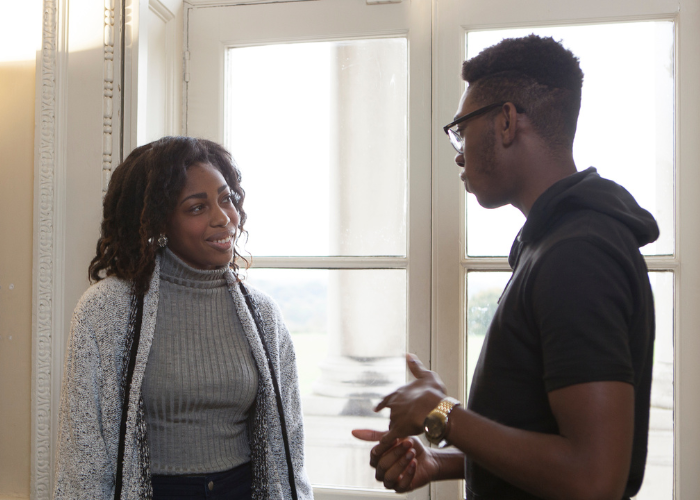
Your tutors
Who Teaches Psychology and Counselling?
How we will support you
We are a community, and our student support is second to none, with BPS commendations for excellence. Whatever your personal circumstances or ambitions, we’re here to help you realise your full potential. Some of the support we offer includes:
- Academic Guidance Tutors: you’ll be allocated an experienced Academic Guidance Tutor to support you through your studies, help you pick your modules, and provide career advice.
- Student feedback and consultation hours: lecturers have drop-in office hours when you can go to them directly, arrange a video call or email to ask questions.
- Study skills for psychology: these are weekly sessions for all students who want to improve their academic writing, achieve better essay grades, overcome exam anxieties, develop further employability skills, and achieve their goals.
- Revision support: our lectures are delivered on-campus, but recordings are made available to support your revision.
- RoeBuddies: all first-year students are connected to a second or third-year student mentor who offers advice and support.
- Study skills support: as higher education is different from school and college, our Academic Achievement Advisers are here to help you develop the skills you need at university and beyond.
- Welcoming community: when you join Roehampton’s School of Psychology, you become part of an inclusive community of students and academics. You can also join the Roehampton Psychology Society to connect with your peers and enjoy a varied programme of events, talks, debates and socials.
How you'll be assessed
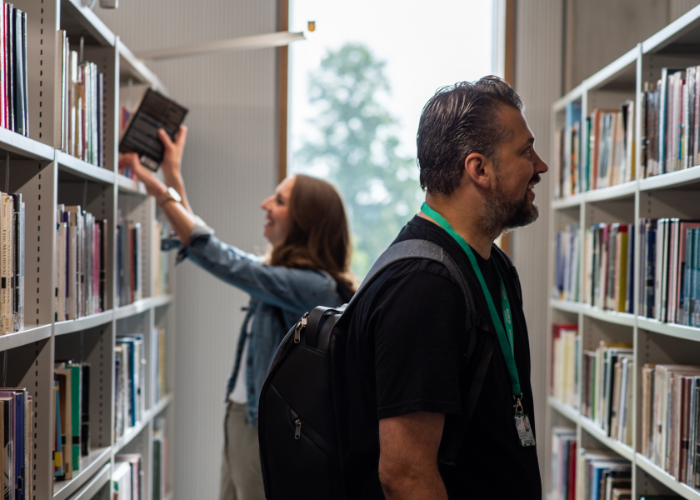
Your assessments reflect the real-world of psychology, preparing you for your future.
There are very few formal examinations or essays on our BSc Psychology and Clinical Psychology. Instead, your assessments will include portfolios, case studies, intervention reports and psychological research.
Between Years 2 and 3, you can also opt for a professional placement year, meaning you have the opportunity to apply for a placement and gain valuable real-world experience.
Upcoming Events:
Career options
As this programme combines core psychology with Clinical Psychology, it is unique in giving you the opportunity to pursue multiple career paths depending on your ambitions after graduation.
Your future role could be:
- Clinical, counselling or educational psychologist
- Psychotherapist
- Social Worker
- Mental health support worker
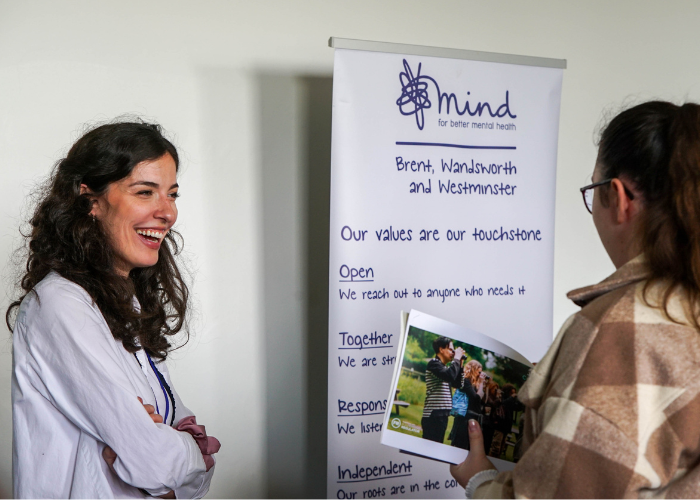
Read more
Becoming a psychologist or psychotherapist
Many of our graduates want to continue on to become practicing psychologists, counsellors and psychotherapists. They choose to study at Roehampton as we offer a large range of postgraduate programmes, and have an international reputation for excellent postgraduate training in psychology.
To become a Chartered Psychologist, you need to gain Graduate Basis for Chartered Membership (GBC) by completing a BPS accredited degree. You then go onto further training in the area of psychology that you want to work in, such as Counselling Psychology, Clinical Psychology or Educational Psychology.
This programme will provide you with all the necessary skills and knowledge to apply for jobs, such as working as an Assistant Psychologist in the NHS, that give you the necessary experience to further your career, and take the next step towards becoming a Chartered Clinical/Counselling Psychologist.
You can find out more about specific career paths, and what training and qualifications you’ll need, on the BPS’ website.
While the core psychology curriculum will give you the opportunity to gain Graduate Basis for Chartership with the BPS, it will also provide with knowledge relevant to train further as a Counsellor or Psychotherapist. You can then pursue further training and take an accredited postgraduate degree, such as our MA Integrative Counselling and Psychotherapy, which will allow you to become eligible for individual practitioner registration with the British Association for Counselling and Psychotherapy.
You can find out more on the BACP website.
Alternative careers with psychology
Many of our students choose to study Psychology and Clinical Psychology because the skills you develop are valued by a huge range of employers.
As well as gaining an understanding of the human mind, you’ll become adept at active listening and questioning. You could work in:
- Social work
- Mental health services
- Human resources
- The police force
- Probation services
- Charitable organisations
- A range of business roles, including careers in research, media and marketing.
How our careers service supports you
Our careers team is available to support you from the start of your studies until after you graduate. We will help you build your CV, prepare for interviews, and meet and learn from successful graduates working at the top of their careers. You’ll also have opportunities to work with our partners across London and beyond, and to attend a Roehampton jobs fair where you can find out about graduate opportunities and meet employers.
Application Info
How to apply
Undergraduate programmes
- September 2024 entry: Home (UK) students – apply through UCAS (Roehampton UCAS institution code is R48)
Apply now for September 2024 entry through UCAS
- September 2024 entry: International students- apply using our direct application form
Apply now for September 2024 entry
If you need any help or advice with your application, or just want to ask us a question before you apply, please do not hesitate to contact us.
We welcome applicants with a wide range of qualifications, including BTECs, A-levels and T Levels.
When we consider applications to study with us, we form a complete view of your achievements to date, and future potential. In some cases, we will make you a contextual offer. Contextual offers ensure that all applicants have a fair opportunity of gaining a place with us, regardless of their background. Find out more about contextual offers.
Detailed advice on applying for an undergraduate degree is available on our How to apply page.
Tuition fees and funding
September 2024 entry tuition fees
Year 1 fees, see links in table below for more information.
We offer a wide range of scholarships and bursaries. See our 2024 financial support pages for UK students, and for international students.
We also provide other ways to support the cost of living, including free buses and on-campus car parking, hardship support and some of the most affordable student accommodation and catering in London. Find out more about how we can support you.
Entry tariff
We welcome applications from students studying T Levels.
For all courses we also accept a wide range of other qualifications and experience. Contact us to find out more.
When we consider applications to study with us, we form a complete view of your achievements to date, and future potential, and can offer flexibility in entry requirements. Find out more about our Contextual Offer scheme.
Specific entry requirements
GCSE requirement: Maths, Grade C.
General entry requirements
Contextual offers
When we consider applications to study with us, we form a complete view of your achievements to date, and future potential, and can offer flexibility in entry requirements.
Find out moreNeed help before you apply?
Course Facilities
Our Students
“Choosing this course is one of the best decisions I ever made. My lecturers, who are all practicing psychotherapists, have helped me get a clear vision for my future.”
Daniel Martin, BSc Psychology and Counselling
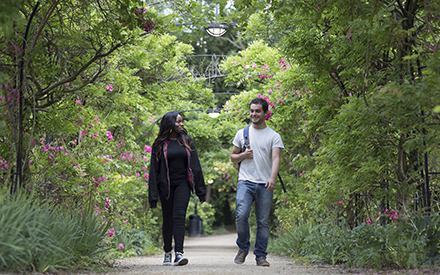
Get real advice directly from our students
Speak to one of our students using the UniBuddy app now
